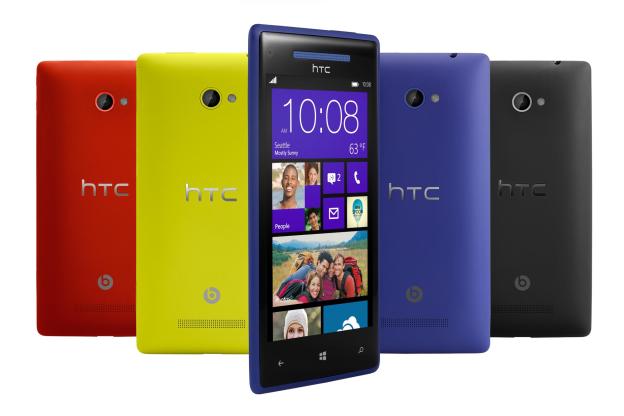
Microsoft, the tech-giant and maker of Windows Phone claims to have developed a new type of voice recognition that offers “nearly instantaneous” voice-to-text communication that’s twice as fast as current recognition with 15 percent better accuracy. It works by mimicking how the brain understands communication. Microsoft hopes to use this innovation to get an edge against competitors in search and mobile phones alike.
The technology, called Deep Neural Networks (DNN,) is supposedly capable of working just like the human brain, according to the scientists at Microsoft Research. The technology is an alternative to commonly used acoustic technology used by competitors like Google for search and Android alike, and this technology instead offers a different and much faster means to turn your voice into text that is outlined in the Microsoft Research technical paper. Microsoft hopes to implement this new voice-to-text technology in order to offer even faster, more accurate communication with its Bing search engine.
What’s impressive about this setup though is how the system is already being tested on Windows Phone devices, as opposed to some computer or other development-level system, proving how close it may very well be for consumers to utilize. That being said, we have no idea how this tech will perform in the real world. Anyone who has poor service knows how painfully slow search – even voice recognition – can be when your Internet connection is choking.
If you’re curious to see just what Microsoft now has up its sleeve – or even skeptical of how good it works – check out the video below. Otherwise, keep your eyes peeled as we’re sure it will make its way to Bing.com and Windows Phone as soon as Microsoft can get it out the door. Any advantage against Google is a good one.


